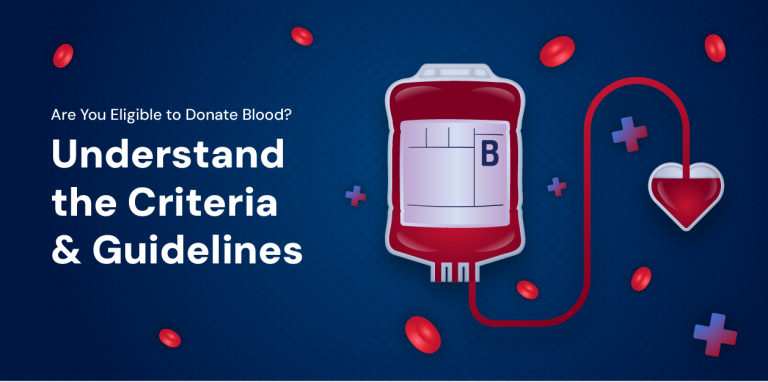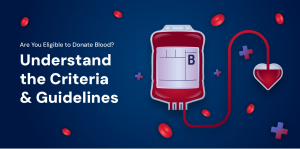If you’ve ever tried building yourself a well-balanced diet, you’ll understand we typically find ourselves bombarded with a variety of supplements in our search for optimal health. This creates confusion and people usually end up neglecting their need for micronutrients, especially during their younger years. To clear the doubts – Vitamins act as the foundation for a sound body and mind. Think of them as your cheat sheet to better health – simple yet powerful resources that can boost your immunity, elevate your energy levels, and support overall wellness.
The Fundamental Importance of Vitamins: Vitamins are organic compounds required by our bodies to function rightly, and contribute to various biochemical processes aiding growth, metabolism, and various physiological functions. Vitamins act as catalysts, enabling vital reactions to take place efficiently.
Understanding the Key Vitamins and Their Benefits: There are two primary categories of vitamins – fat-soluble and water-soluble. Each type offers unique health benefits.
- Fat-Soluble Vitamins:
- Vitamin A: Vital for maintaining healthy vision, skin, and immune function. It also supports the health of essential organs like the heart and lungs.
- Vitamin D: Promotes calcium absorption, crucial for strong bones and teeth. Additionally, it plays a role in supporting the immune system and regulating mood.
- Vitamin E: Acts as a potent antioxidant, safeguarding our cells from damage caused by free radicals. It contributes to healthy skin and a robust immune system.
- Vitamin K: Essential for blood clotting and bone health, preventing excessive bleeding and supporting bone density.
- Water-Soluble Vitamins:
- Vitamin C: A powerful antioxidant that enhances the immune system, aids collagen production for healthy skin, and improves iron absorption.
- B-complex Vitamins: Including B1, B2, B3, B5, B6, B7, B9, and B12, these vitamins are vital for energy production, metabolism, nerve function, and brain health.
Incorporating Vitamins into Your Diet: To ensure sufficient vitamin intake, maintain a well-balanced diet that includes a diverse range of nutrient-rich foods. Add a variety of colorful fruits, vegetables, whole grains, lean proteins, nuts, and seeds into your daily meals to reap the benefits of a wide array of vitamins and minerals.
Supplements: A Backup Plan Although a balanced diet should be enough, there are circumstances where supplementation might be necessary. It is crucial to seek advice from a healthcare professional before introducing any supplements to your routine, as excessive consumption can lead to negative consequences.
Conclusion: Vitamins are the pillars of optimal health and well-being. Understanding their importance and adopting a diet abundant in nutrients allows us to utilize the potential of these vital elements, strengthening our immune system, increasing energy levels, and enriching our lives. Let’s use vitamins as our cheat sheet to better health and embark on a journey of wellness and vitality.







